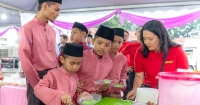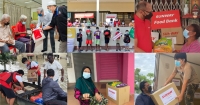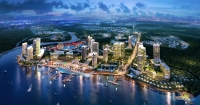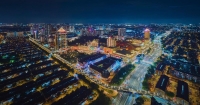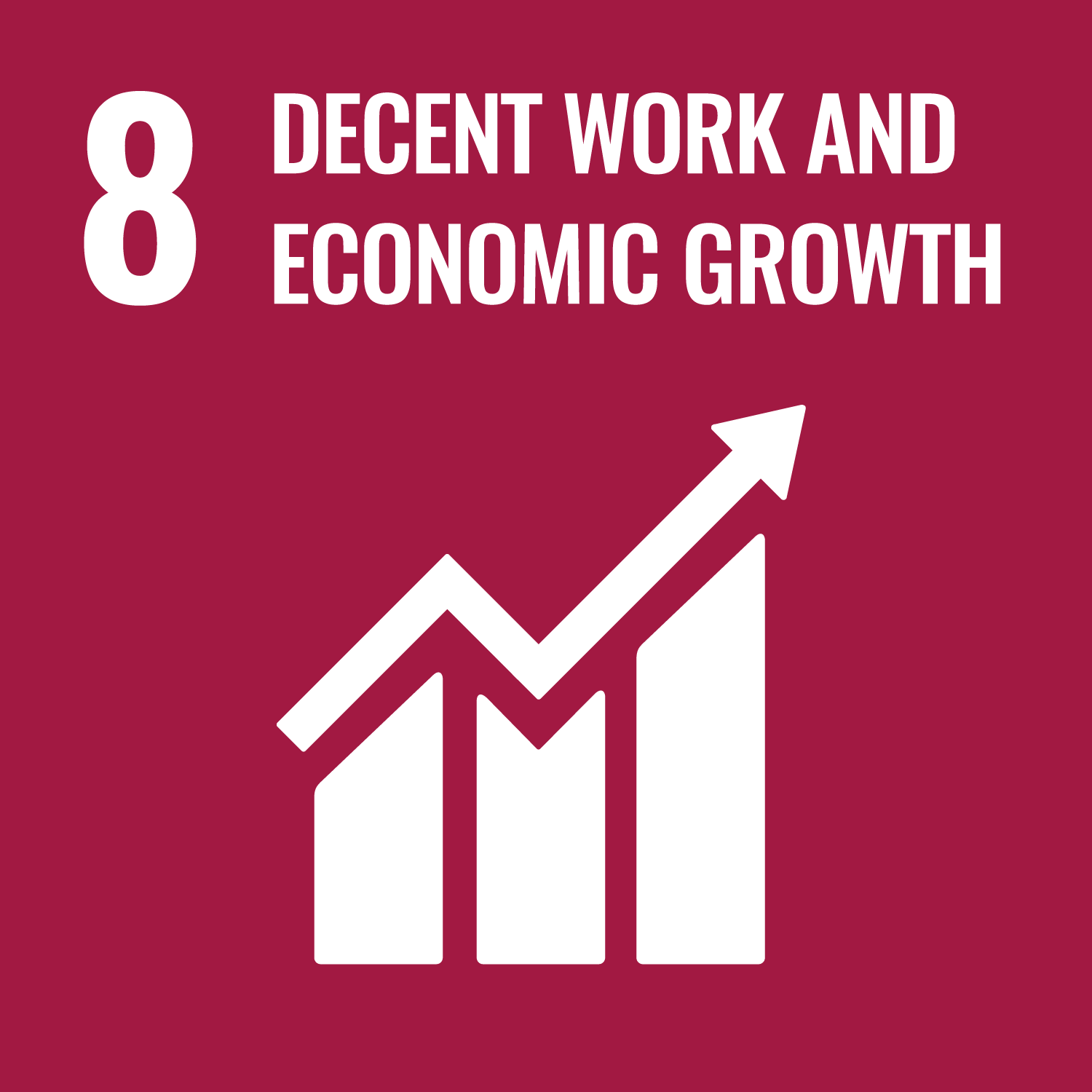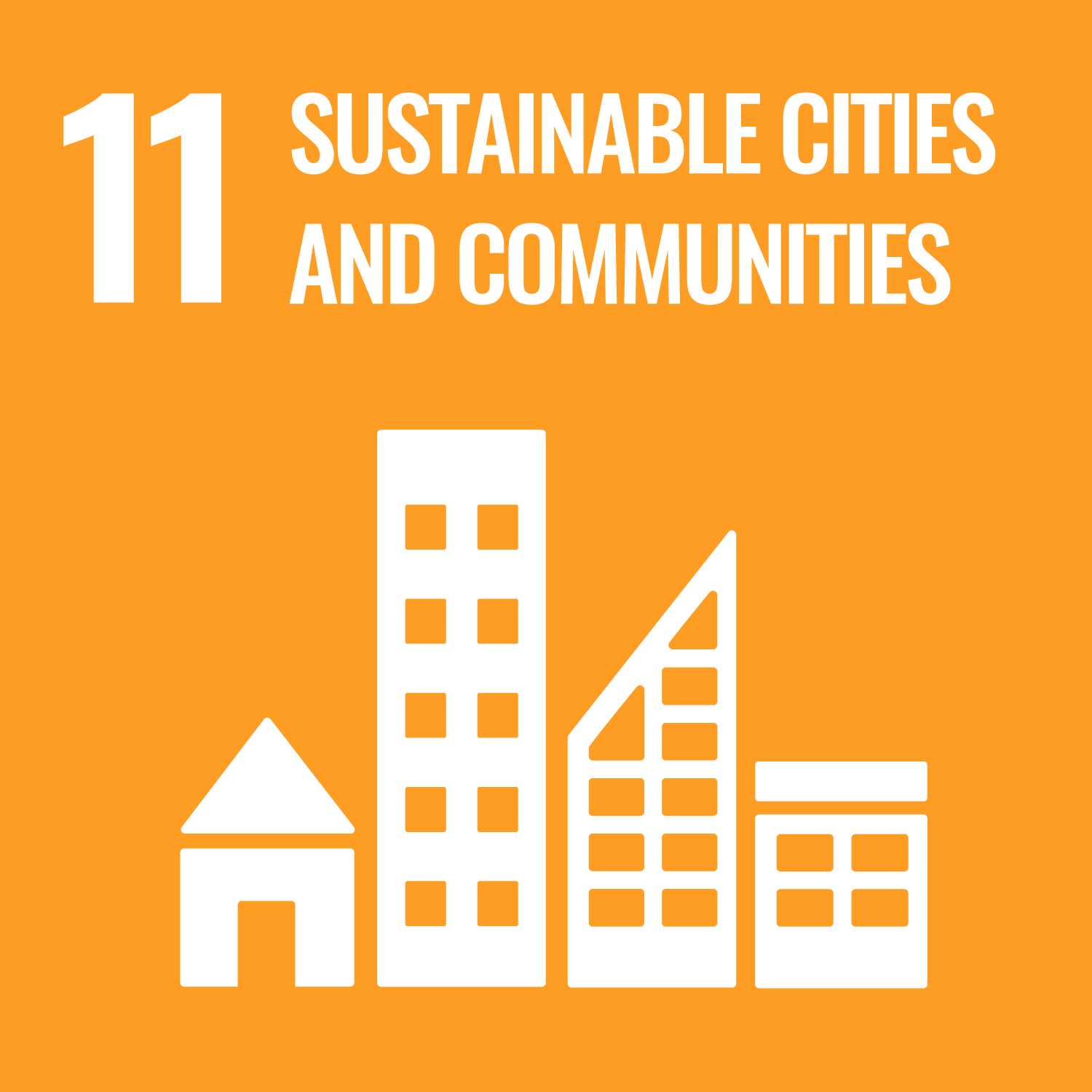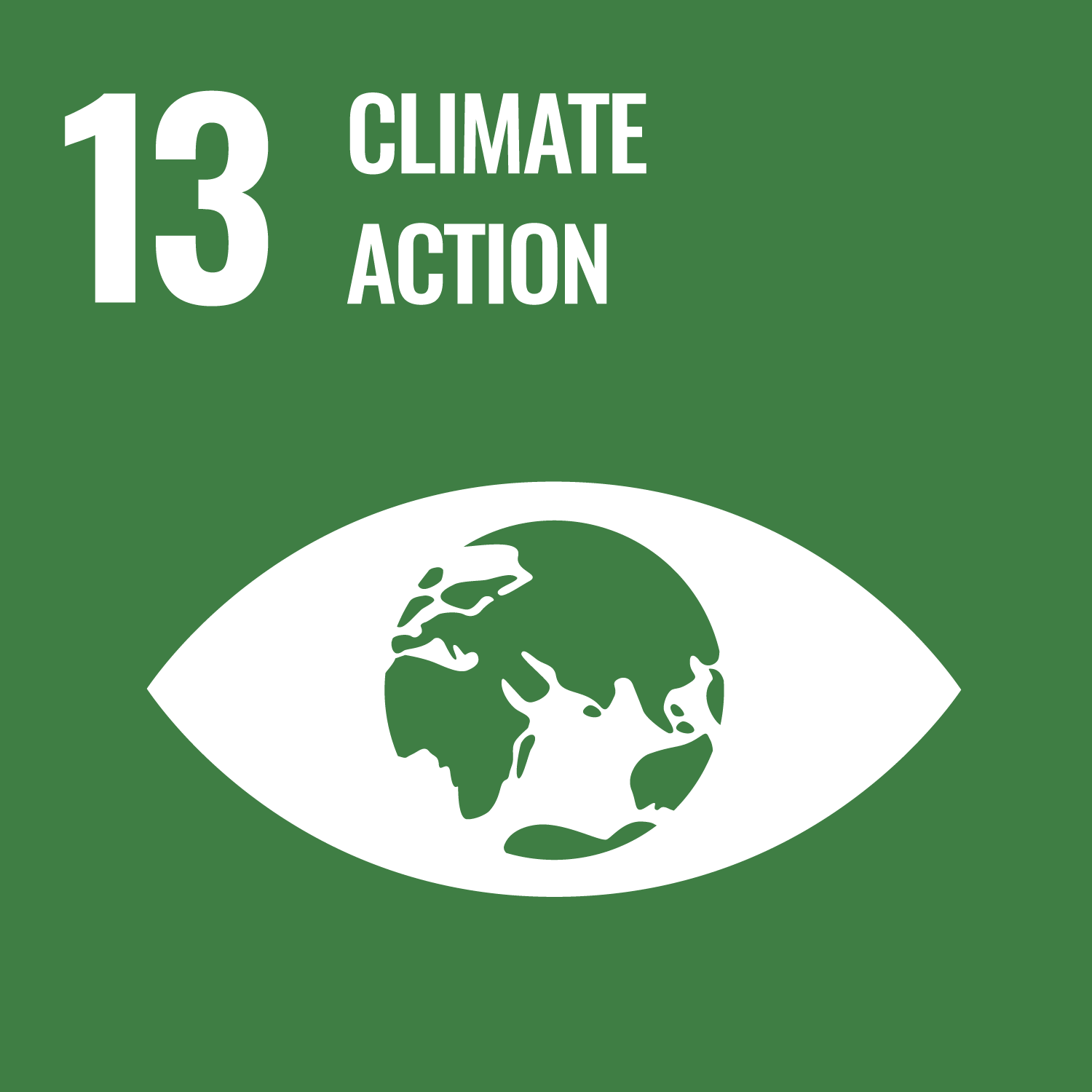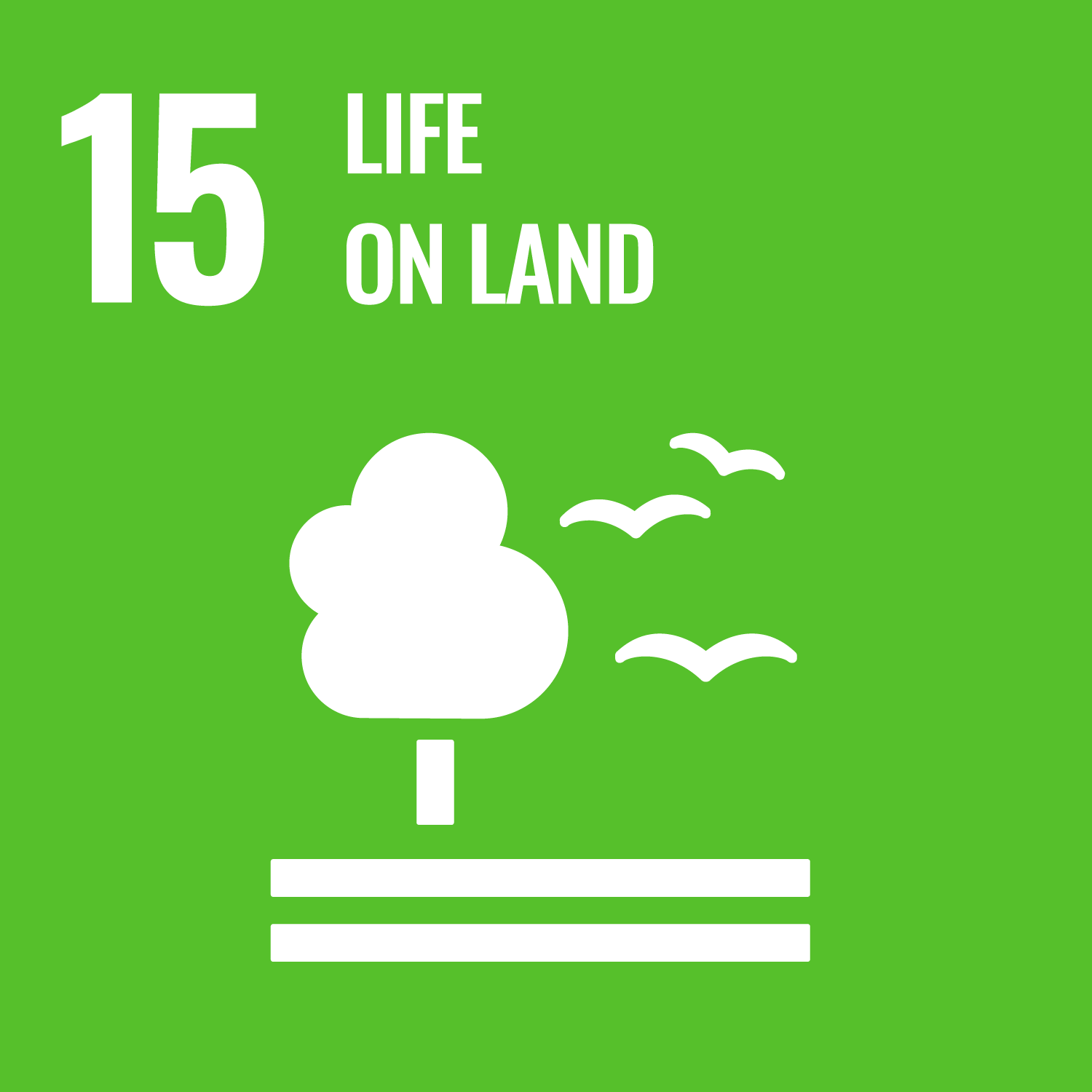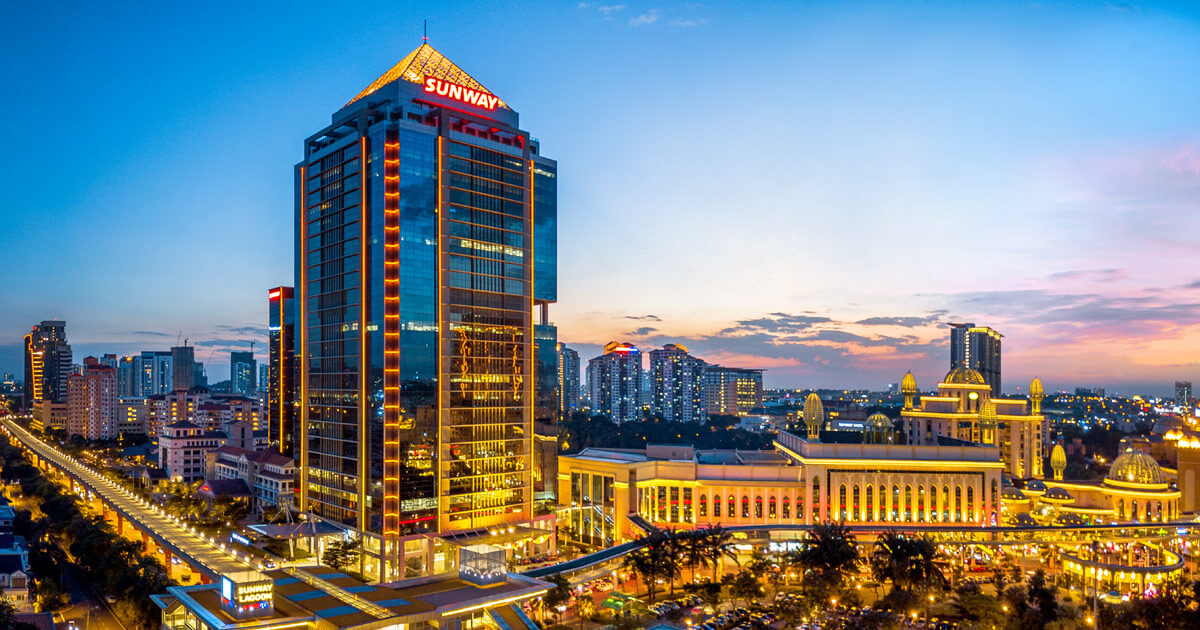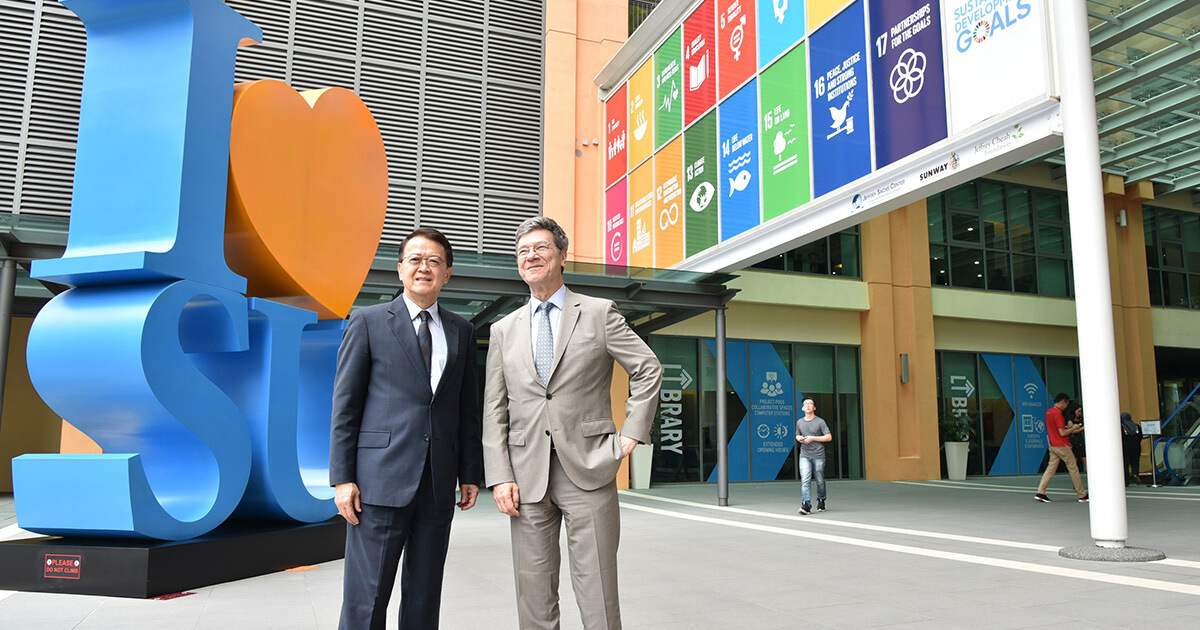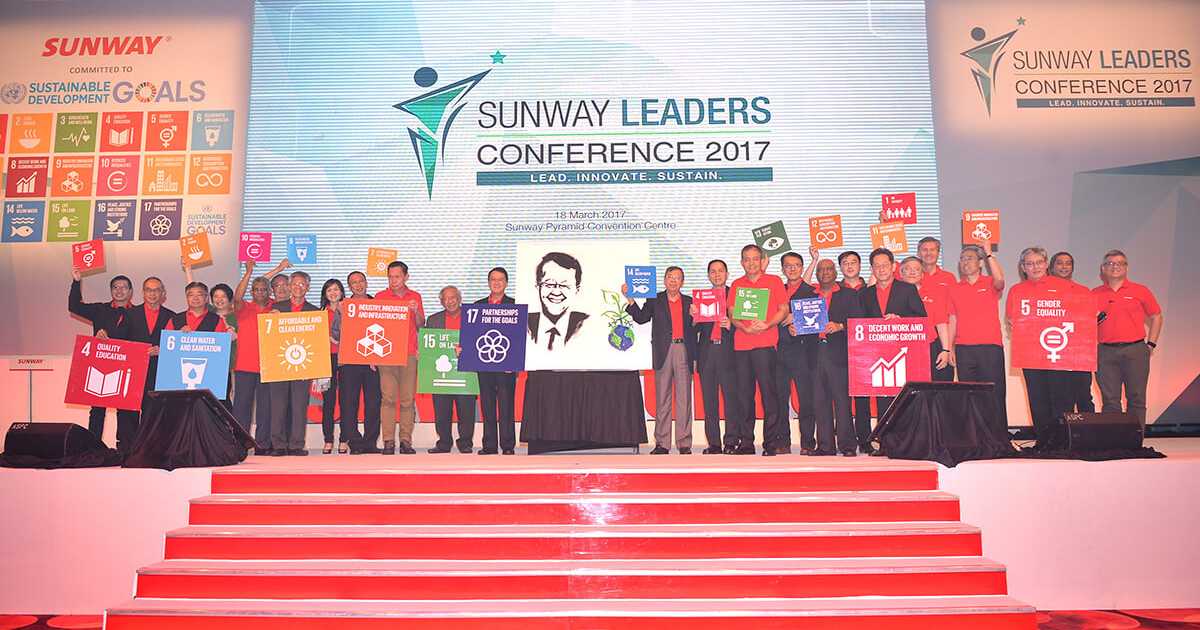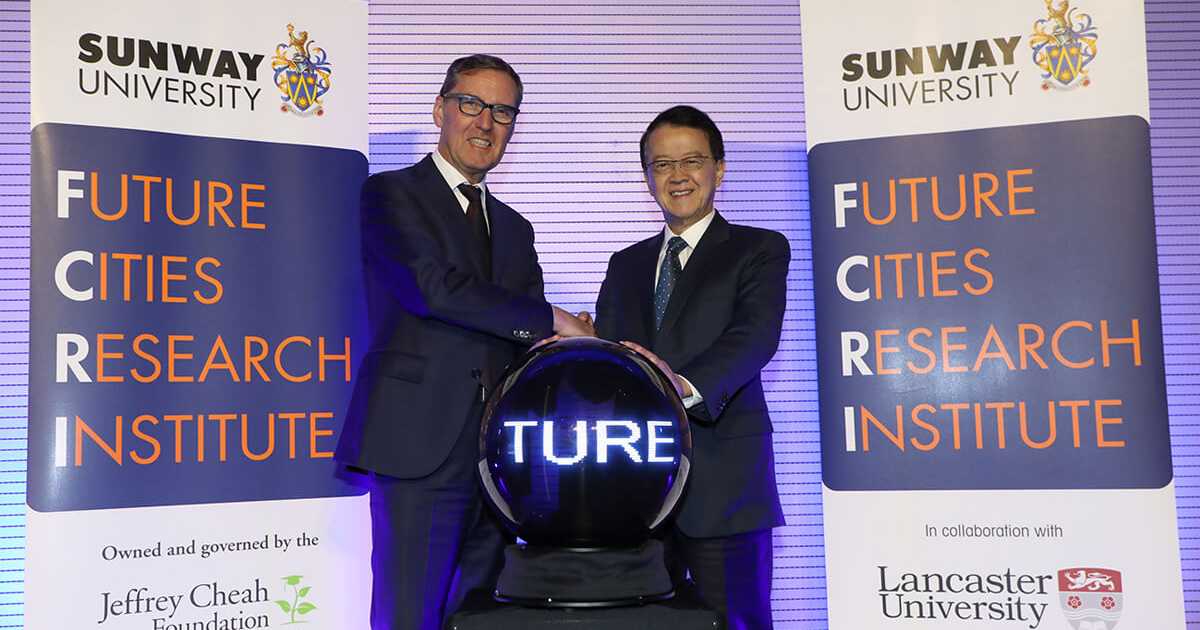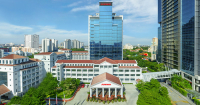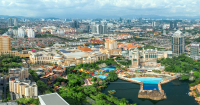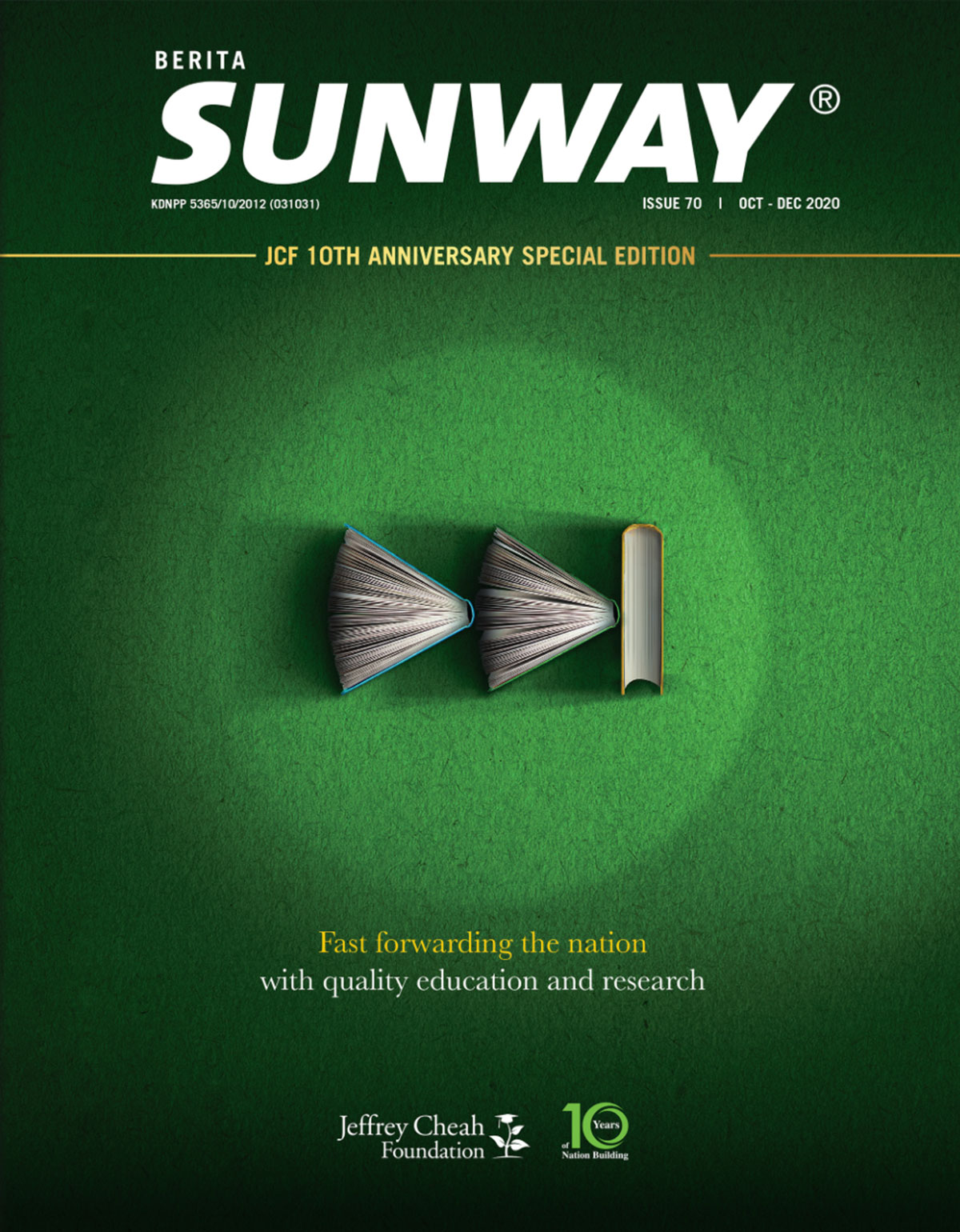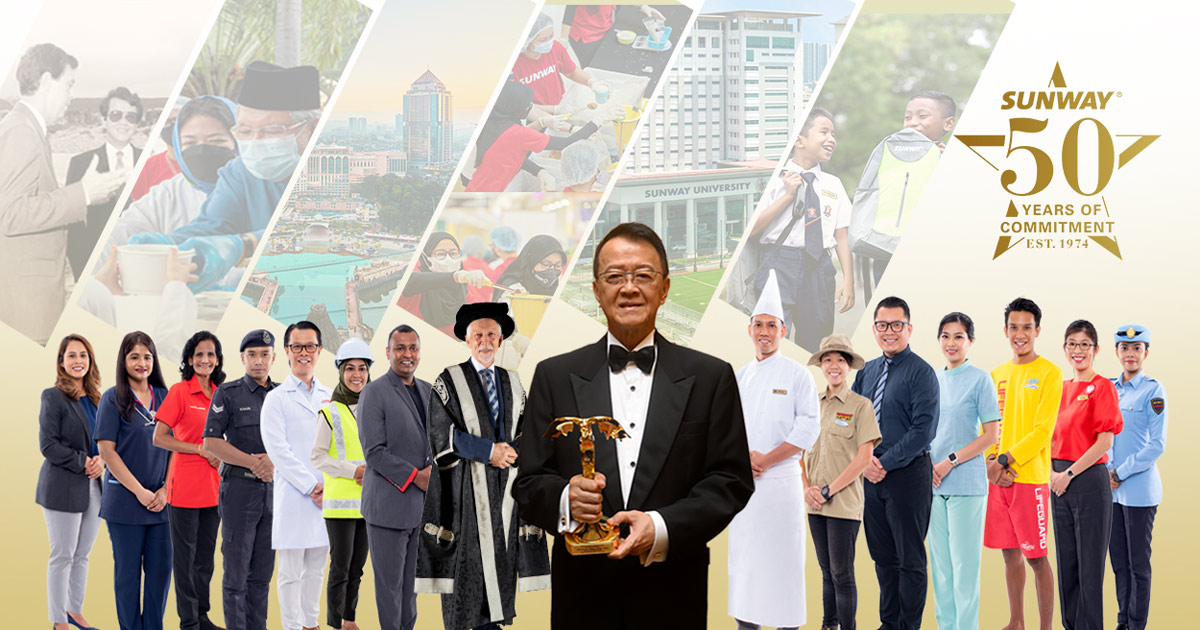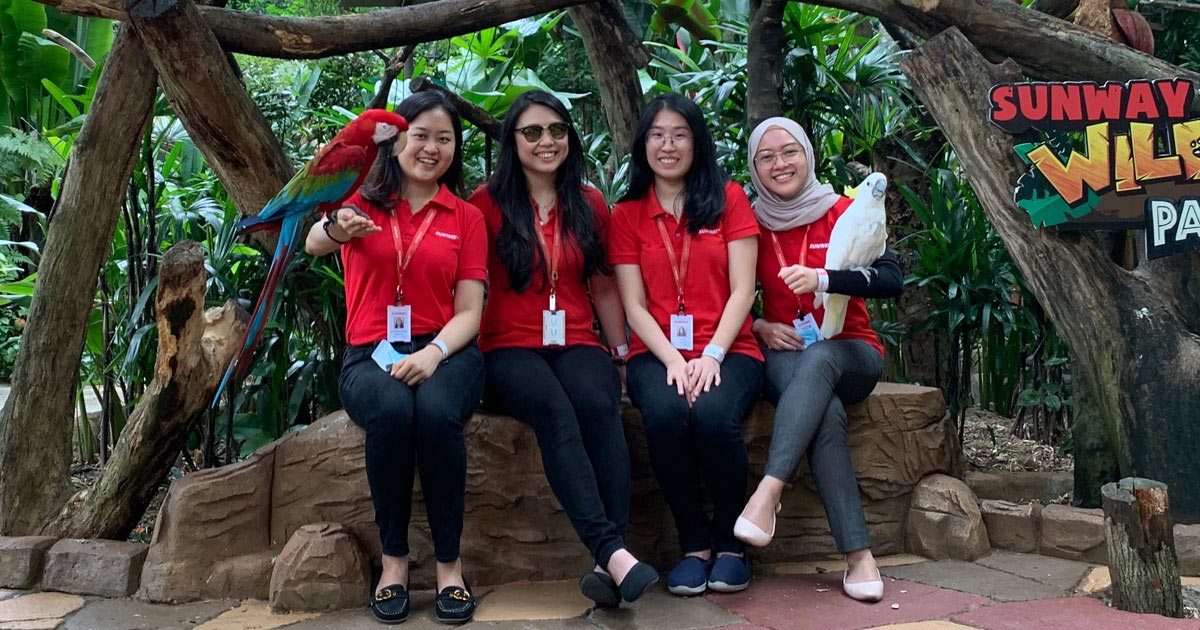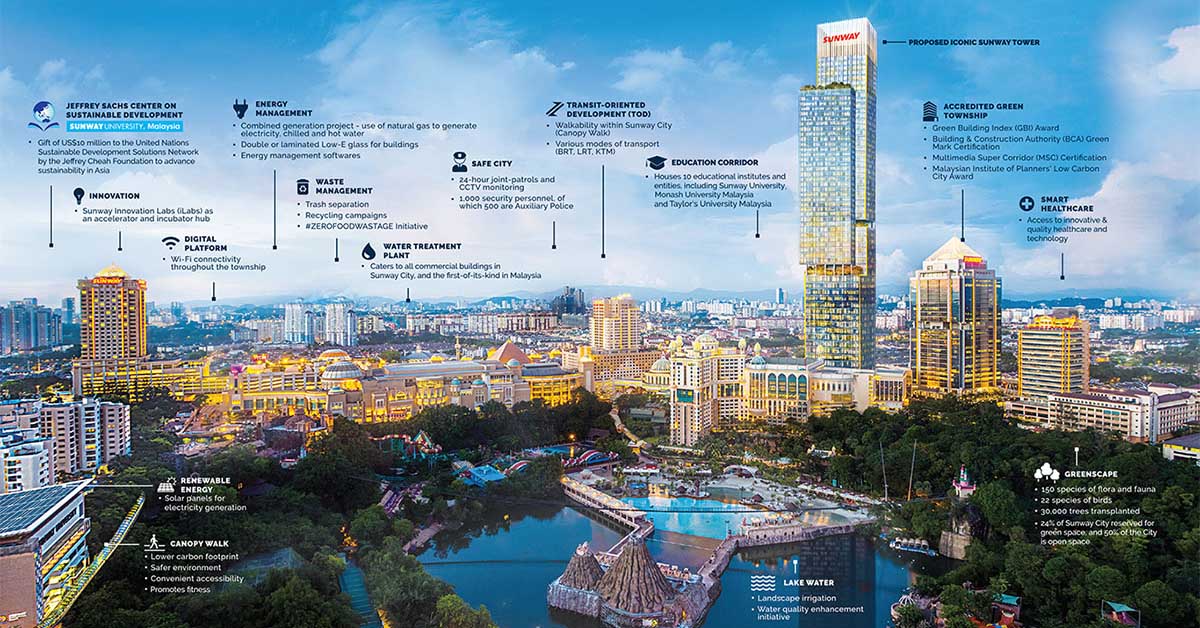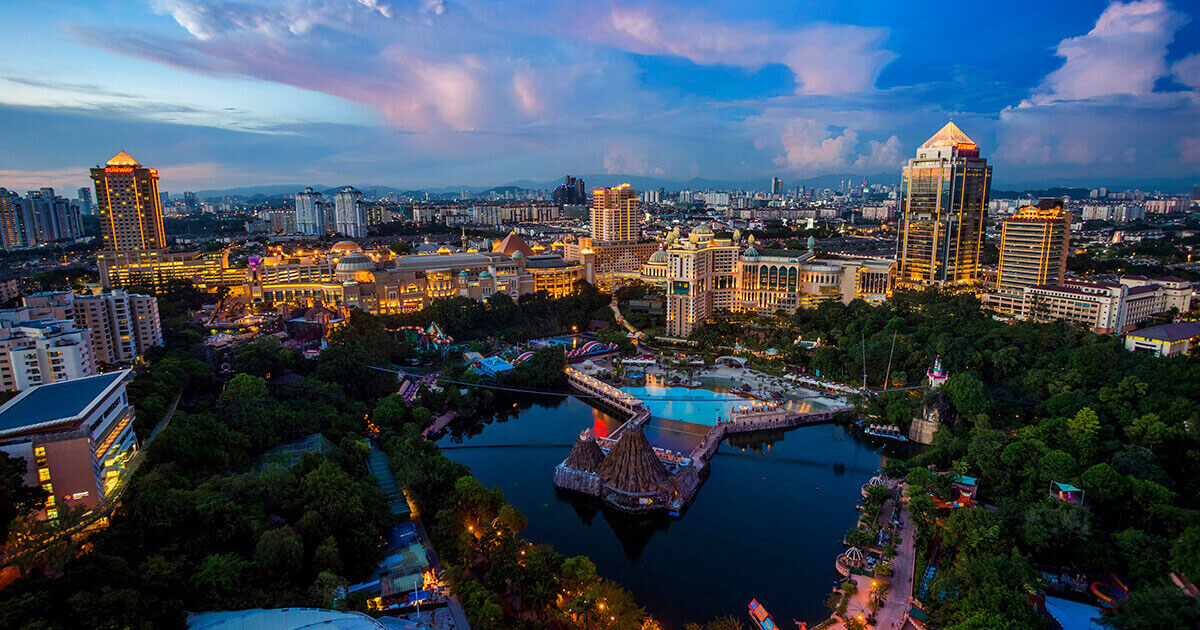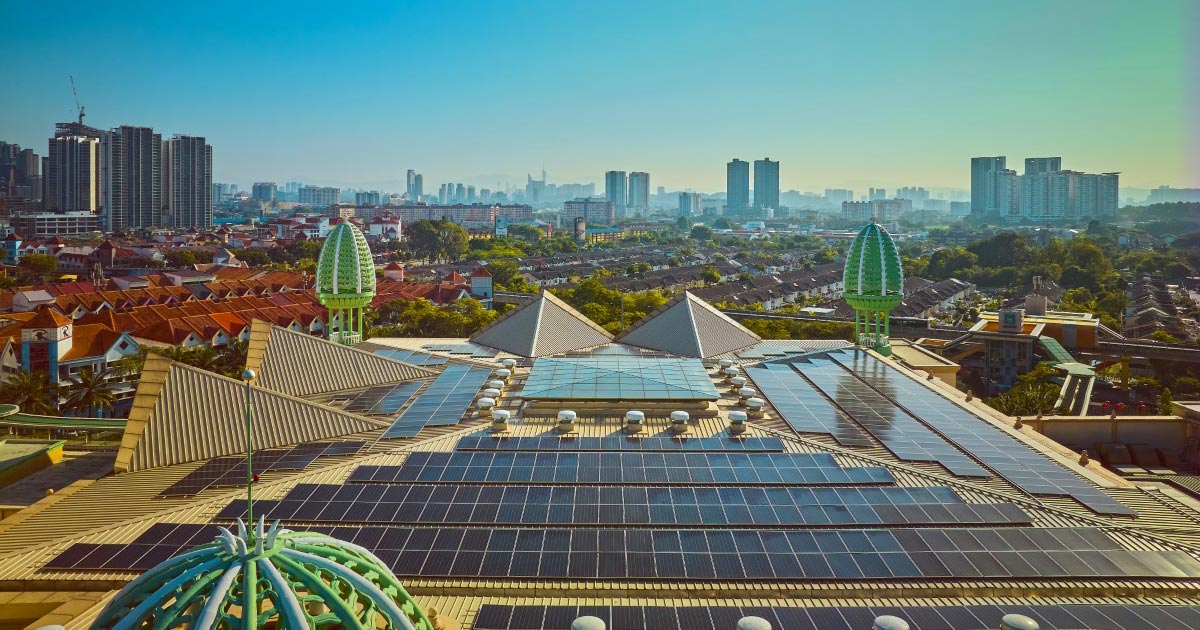Sustainable Cities Might Be the Key To Achieving the UN’s Goals. Here’s How One Waste-to-Wonderland Story Is Inspiring Sustainability Across Asia
-
The United Nations has set out 17 goals for building a more sustainable future.
-
These include promoting sustainable technologies, green innovation, and education for all.
-
Sunway City Kuala Lumpur in Malaysia is a center for advancing national progress on the goals.
The United Nations’ Sustainable Development Goals are a blueprint for achieving a better and more sustainable future for everyone. From eliminating hunger and investing in healthcare to tackling the climate crisis and ensuring economic growth, the 17 goals — designed to be achieved by 2030 — act as a road map for nations, cities, and organizations around the world.
The Sustainable Development Solutions Network has been tasked with advancing global progress on the goals: Its national and regional networks are spread across the globe to connect with local countries and territories. SDSN Malaysia was established in 2013, and Sunway City Kuala Lumpur is central to its work.
“Addressing the issues related to planetary health and sustainable development is no longer an option but an urgent imperative,” said Tan Sri Sir Jeffrey Cheah, the chairman and founder of Malaysia’s Sunway Group. “We are convinced that the health of the planet and its people are an interconnected and interdependent ecosystem.”
Historically, Malaysia’s challenge has been finding equilibrium between growth, universal economic benefit, and preservation of its lush natural environment. It’s a difficult balancing act; Malaysia ranked 56th out of 61 countries in this year’s Climate Change Performance Index.
But things are set to change. The number of constituents in the FTSE4Good Bursa Malaysia Index, which measures the performance of public listed companies demonstrating environmental, social, and governance practices, has more than tripled, to 75 from 24, since 2014, while Malaysia this year rose two spots, to 25th, in the International Institute for Management Development’s World Competitiveness Ranking. Kuala Lumpur is on track to become a world-class sustainable city by 2026, the Malaysian Institute of Planners said in 2019, and Sunway City Kuala Lumpur is leading the way.
A purpose-built town within Malaysia’s capital is a model for sustainable urban environments
At the heart of this gradual transformation is Sunway City Kuala Lumpur. This thriving, purpose-built town is home to thousands of people from all walks of life. The area is a hotbed of sustainable development, innovation, and learning that’s both shaping an enviable template for sustainable cities worldwide and helping coordinate SDG activities throughout Asia.
Sunway City Kuala Lumpur is the flagship of three sustainable towns developed by Cheah’s Sunway Group, one of Southeast Asia’s leading conglomerates. The others are Sunway City Ipoh, in the northern state of Perak, and Sunway City Iskandar Puteri, in southern Malaysia. Sunway City Kuala Lumpur was developed with SDG goals in mind. “This is a reflection of Sunway’s full embrace of the sustainability agenda and our commitment to advancing the SDGs in the Asian region,” Cheah says.
The site — the first to be recognized as a green integrated township by Malaysia’s Green Building Index and as a low-carbon city by Malaysia’s Ministry of Environment and Water — was built on land ravaged by 1990s tin mining. Cheah had the vision for the development after growing up in a small town where he “witnessed firsthand the impact of poverty on families and how it closed off avenues of advancement,” he said.
Cheah’s ethos, “do well by doing good,” has underpinned every stage of the city’s growth. Almost 50% of the 800-acre city is open space, and 24% is green space, with more than 30,000 trees and 150 species of flora and fauna. Buildings are equipped with solar panels, and an elevated highway was designed for electric buses that shuttle Sunway City’s 200,000-plus population between shops, schools, leisure outlets, offices, and a medical center. A water-treatment plant takes advantage of Malaysia’s wet climate to process some 8.5 million liters of water a day, while the smart cloud and the Internet of Things take care of energy consumption, security, and smart parking to ensure optimum efficiency.
The development has ambitious plans, too, aiming to be carbon neutral by 2050.
Education is a crucial part of the sustainability picture
But sustainability isn’t just about greenery and the environment — it’s about looking at the bigger picture of poverty, inequality, housing, and healthcare. To ensure that tomorrow’s cities are truly sustainable, learners today need to be equipped with the right skills and knowledge to promote sustainable development. This is the objective of Mission 4.7, the global initiative championing SDG 4.7 (which refers to education and the knowledge and skills needed to promote sustainable development), co-chaired by Cheah.
As such, a primary focus in Sunway City Kuala Lumpur is sustainability education, something Cheah believes should be “high-quality, affordable, and accessible” to all. Sunway University, owned by the Jeffrey Cheah Foundation, hosts the Jeffrey Sachs Center on Sustainable Development. (Sachs is a special advisor to the UN secretary-general and the former director of the Earth Institute at Columbia University.) The center is now one of the world’s five SDG Centers of Excellence, and researchers are drawing up a curriculum on sustainable development to be introduced as a compulsory subject for K-12 students around the world.
Meanwhile, tech incubation projects like Sunway’s iLabs initiative and the wider GKL Live Lab program are helping attract enterprise to Sunway City Kuala Lumpur, nurturing innovation, solving sustainability challenges, and, importantly, attracting fresh investment, proving that a sustainable city powers itself in more ways than one.
These initiatives provide a template for sustainable cities not just in Asia but beyond, with Sunway’s wasteland-to-wonderland success story positioning Sunway City Kuala Lumpur as an inspirational center of living and learning. As Cheah noted in his Mission 4.7 launch speech: “Advancing the SDGs is not the sole responsibility of the governments alone. It requires the commitment of all sectors of society — the private sector, academia, civil society, and every individual. We are all in this together.”




